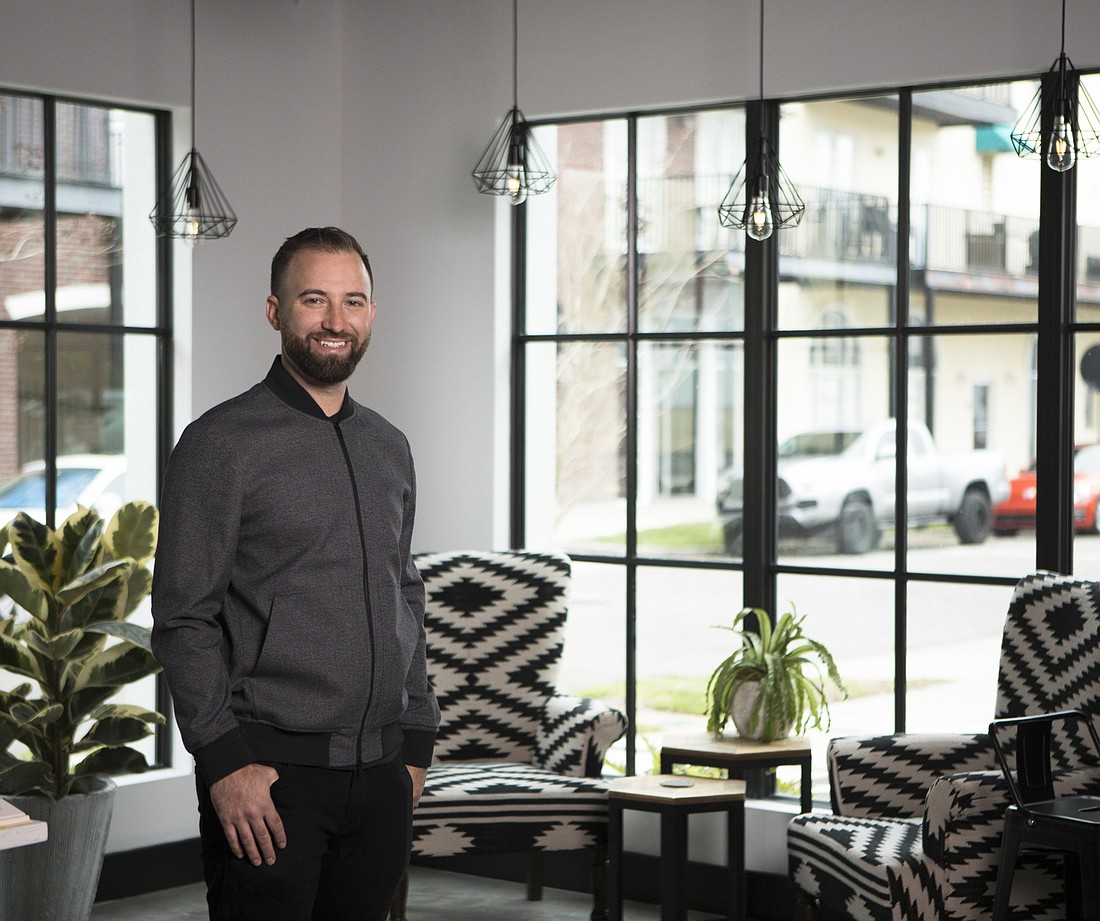- December 13, 2025
-
-
Loading

Loading

In just over a decade, Michael Mincberg has gone from real estate sales to brokerage to development. Today, at 35, he’s the president of Sight Real Estate and Development, the company he founded in 2012.“I started when I was 19 years old,” he says. “I got my [real estate sales] license while I was at USF and just started holding open houses.”
Not only has he shifted sectors within real estate, the entrepreneurial-minded Mincberg has shifted his model to chase both lucrative projects and more challenging work that might not pay as much. The pivot has been productive for Sight, a privately held firm with nine employees.